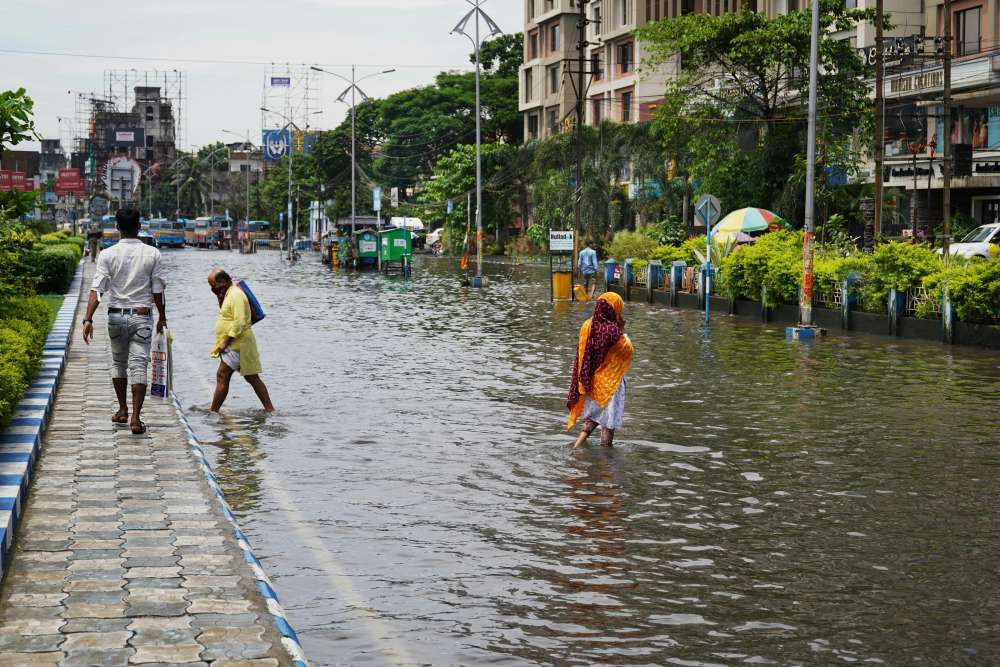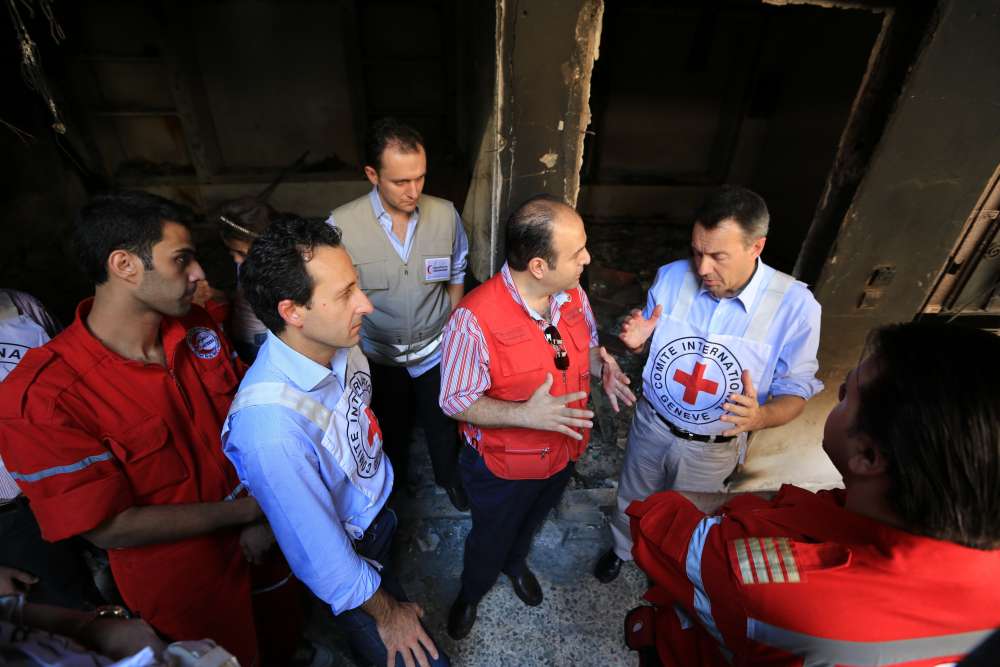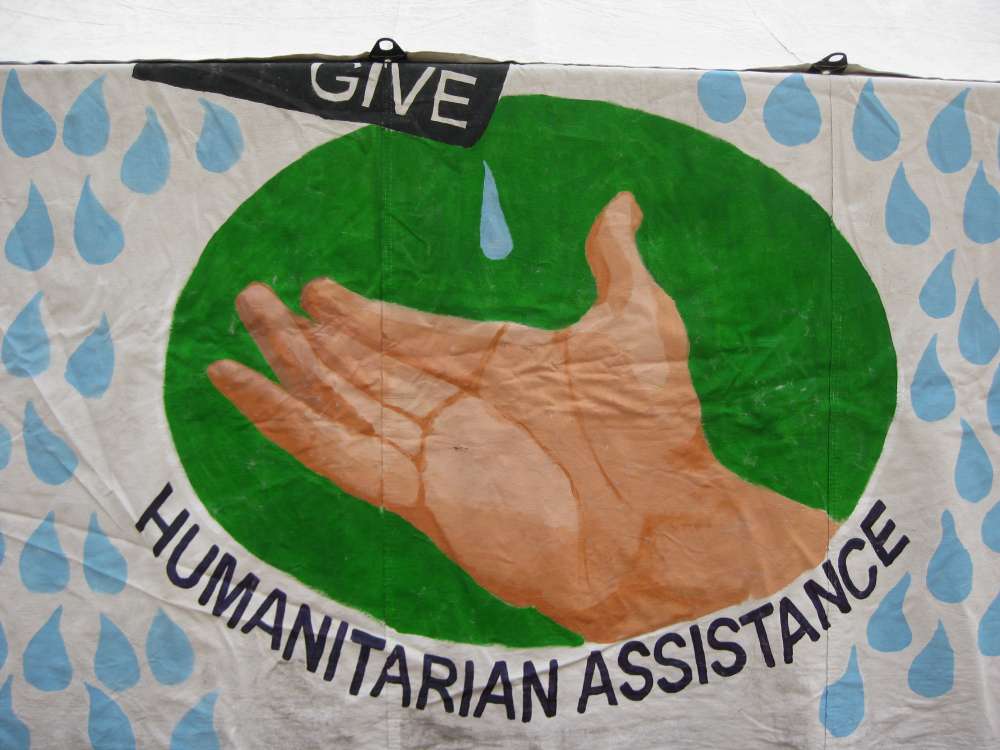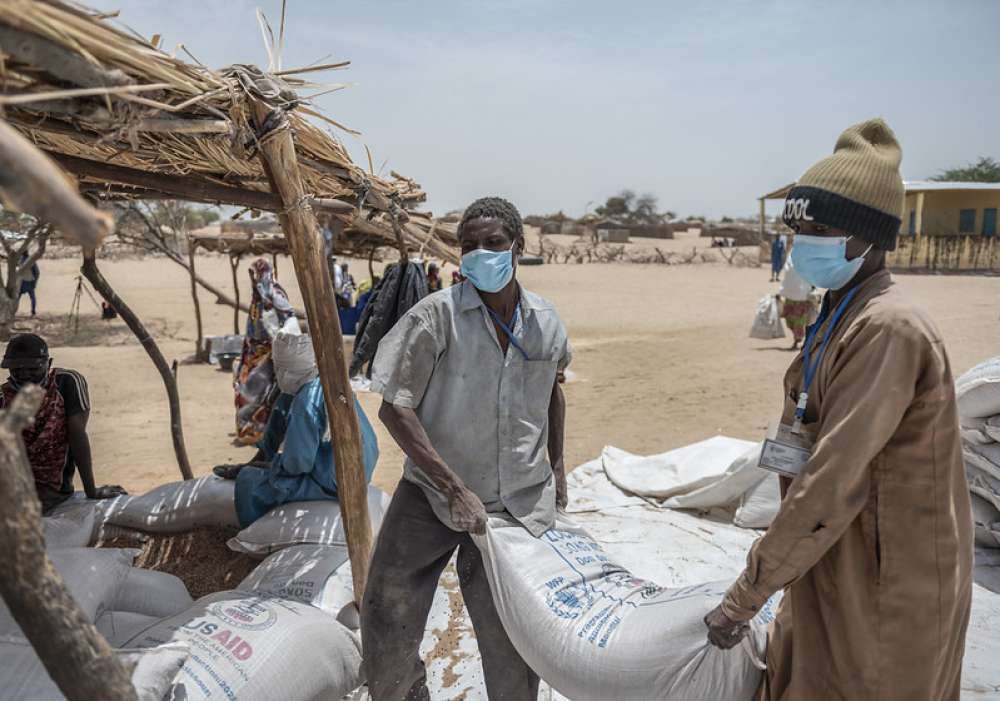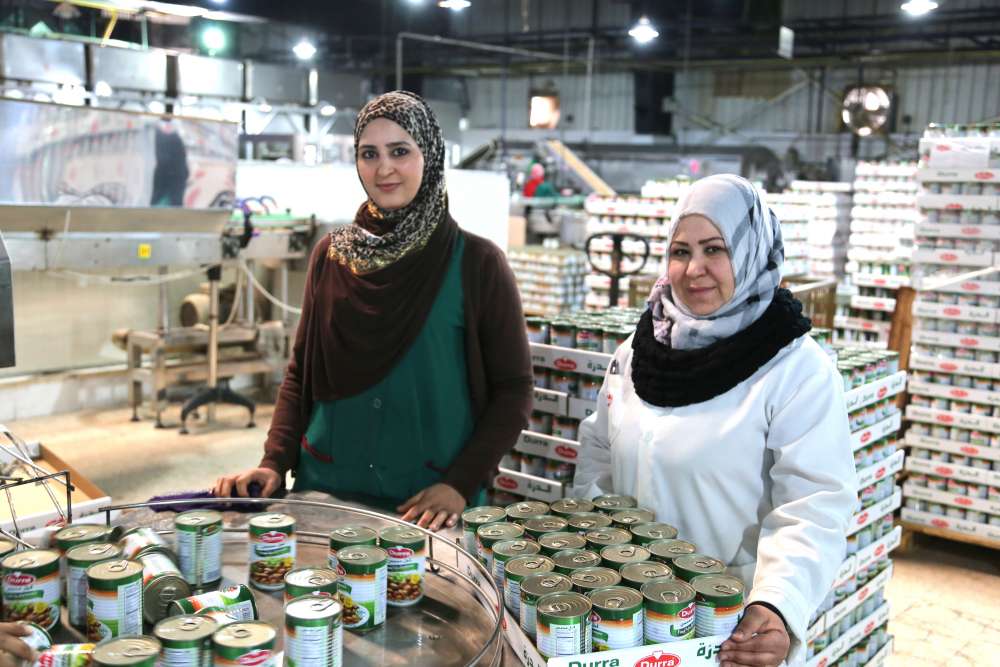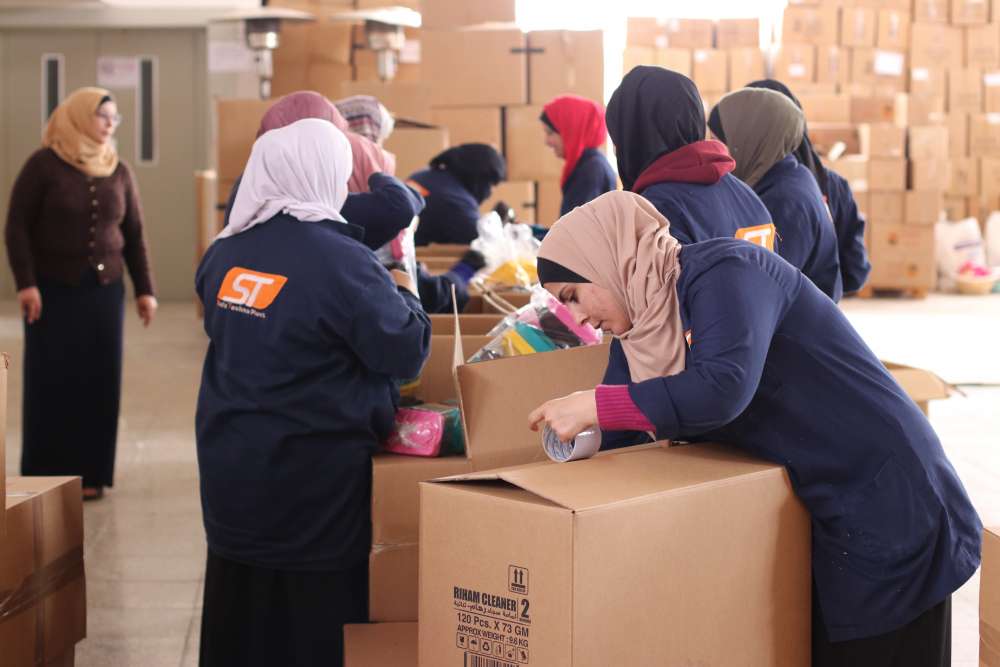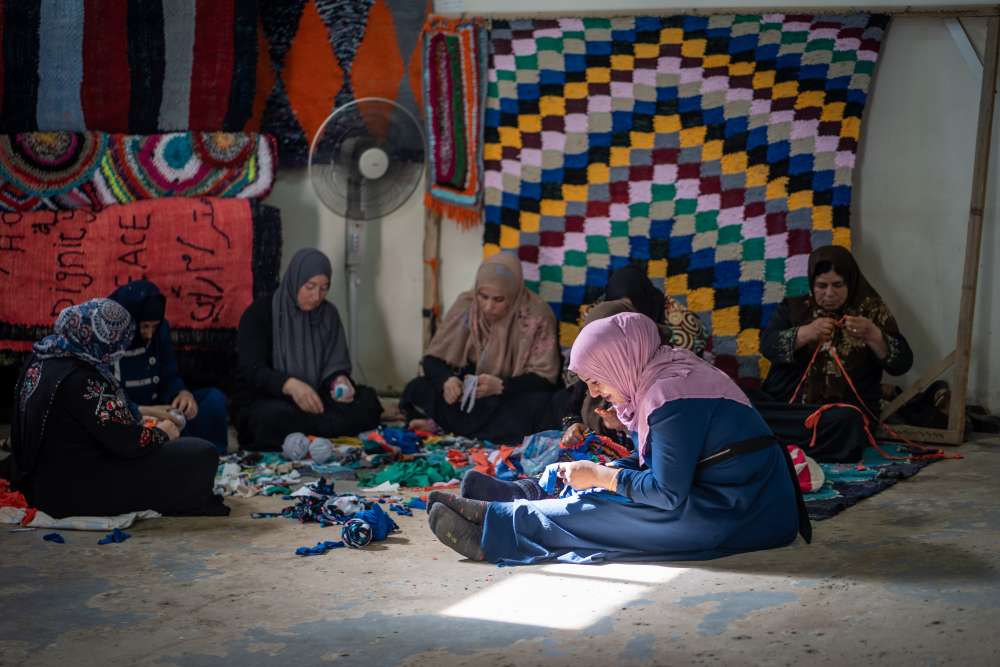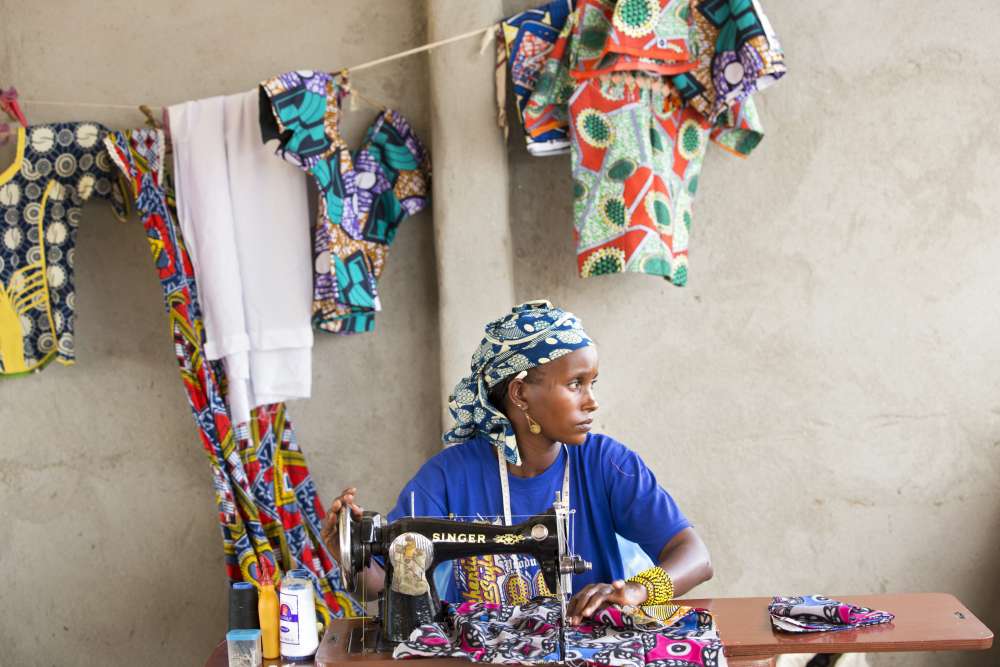Western Populism Is a Fundamental Threat to the Humanitarian System
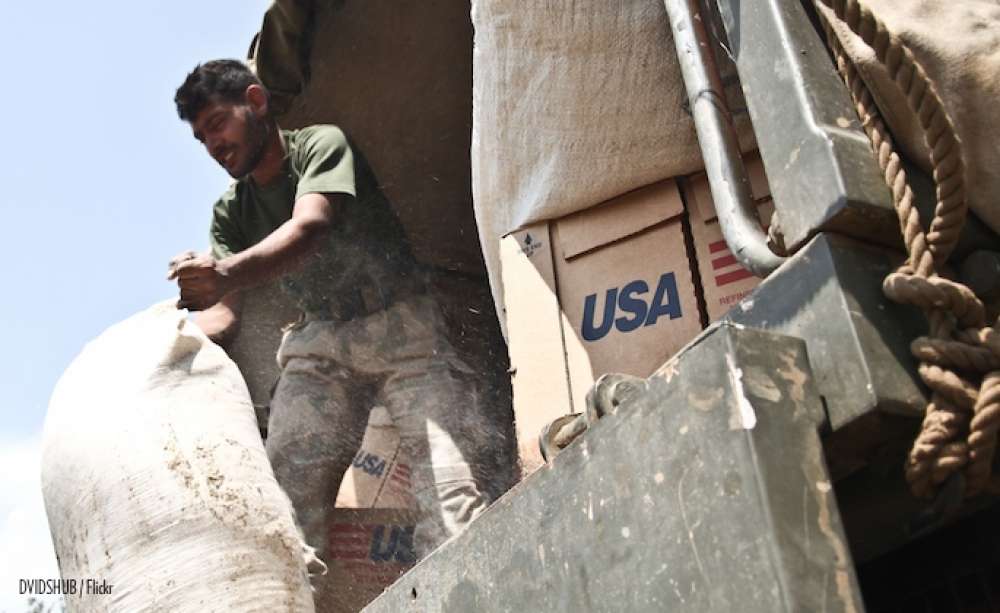
Brexit and Donald Trump’s election as the next president of the United States present clear risks to the system of international humanitarian response. The rise of populism seems bent on politicizing aid even more than it is now, putting Dunantist ideals of impartial aid to their greatest test. If humanitarians fail to react early and in earnest, they will jeopardize not only their jobs, but also people in conflict zones who could be left without life-saving assistance.
The success of populist parties and their preoccupation with domestic growth through protectionist measures is at odds with international solidarity. The governments of the UK and the US have not yet announced changes to their roles as humanitarian donors – positive or negative – but their populist mandate presents three likely scenarios that threaten the humanitarian system as we know it. Each would have a significant impact on their own, but could also play out in parallel.
The first scenario concerns spending. The US and UK governments jointly provide more than 40% of global humanitarian contributions. Any decrease in their contributions would widen the already gaping funding shortfall.
Critically, less spending by the US and the UK would increase the relative share of contributions from countries that do not uphold the same ideals of impartial aid, and that tend to see humanitarian aid as a function of foreign policy and trade. Of all non-OECD humanitarian donors, only the Organisation of Islamic Cooperation ascribes to the principles of Good Humanitarian Donorship.
The management of aid operations by western countries in Afghanistan and Iraq has been far from perfect, but the expected behavior of some non-OECD governments leaves little room for optimism either. Take Yemen, for example. Saudi Arabia is head of the military intervention and is the second largest humanitarian donor to the country, after the United Arab Emirates. In February 2016, Saudi Arabia sent a letter to the UN and aid organizations asking that they leave the areas they are bombing alone. Although the UN was able to push back on this occasion, the conduct of Saudi Arabia should be a precautionary tale about the future of impartial aid.
Second, even if the US and UK do not decrease aid contributions, there is still a risk that they would allow humanitarian action to fall prey to politics. Although the UN has been accused of being influenced by collaborating with Syrian president Bashar al-Assad there is a difference between working toward high standards and failing, and relativizing humanitarian ideals of impartial aid altogether.
The established norms that populist governments are undermining at home could be extended abroad, driven by a ruthless business mentality to cut better deals. Trump suggested, for example, that the US should deliberately violate international humanitarian law and “go after” the families of suspected terrorists.
A machiavellian turn in US and UK foreign policy could make humanitarian aid a bargaining chip in foreign policy; one that is highly valued by oppressive governments that care too much about who should not receive life-saving assistance and protection in war.
The troubling prospect of an alliance between the US, Russia and Syria in the fight against Isis would send waves of horror to people oppressed by their rulers and in dire need of aid. International humanitarian norms have already weathered a number of breaches – such as the attack on a Médecins San Frontières hospital in Kunduz – but the prospect of a new tide of foreign policy opportunism would set a precedent for other countries to follow suit, leading to more civilian suffering worldwide.
A third scenario imagines the end of reform in the UN-led humanitarian system. For the first time, in a grand bargain made at the World Humanitarian Summit in May 2016, participants agreed to a comprehensive set of reforms to address problems in aid organizations and donor governments. The two sides have agreed to cut bureaucracy, use more cash and localize aid.
Although there is still much to criticize about this progress, populist governments’ lack of trust in international organizations will probably reverse the much-fought-for partnership between international civil servants and their paymasters – who will likely resort to sticks rather than carrots in the future. A broken partnership could increase organizational inertia and resistance to even incremental reforms.
Sadly, aid organizations are in no position to influence donor policies at the level necessary to prevent any of these three scenarios unfolding. They are not in the position to speak out against changed donor policies either; this duty will fall primarily on external observers and the media.
But aid organizations do have a few resources to brace for changed donor policies and cushion their impact. First, they should forge close alliances with people working in the US and UK aid administrations who are opposed to their political leadership’s new direction. Working together, they can enhance resilience and resistance to changing donor policies.
Second, aid organizations should encourage non-OECD government donors to join the Good Humanitarian Donorship initiative, help devise a mechanism to measure the conduct of its members, and support them in meeting those standards.
Third, aid organizations should accelerate efforts to increase the share of private sources in their income, which would ward off their dependence on government donors. They should explicitly take advantage of a growing counter-populist movement; reaching out to individuals, foundations, corporations, political parties and other groups that believe in international solidarity.
Fourth, aid organizations should take their donors’ demands seriously. As Priti Patel, the UK’s new international development secretary, has warned, aid organizations funded by tax money need to illustrate their impact on the lives of those they serve. This implies change at levels not previously seen. Aid organizations could start by learning from the burgeoning party of initiatives that have identified gaps in core humanitarian functions, and have developed approaches to fill them. Established organizations should seek ways to work with or internalize these new approaches, encouraging an atmosphere of healthy competition.
If aid organizations underestimate the threat posed by recent events in the US and the UK, they do more than jeopardize their own future – they will risk undermining the Dunantist humanitarian mission of the UN, the International Committee of the Red Cross and other organizations that are heavily dependent on western government financing.
…
This commentary was originally published by The Guardian on November 26, 2016.
